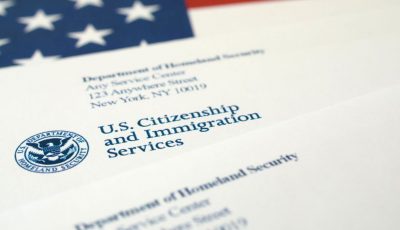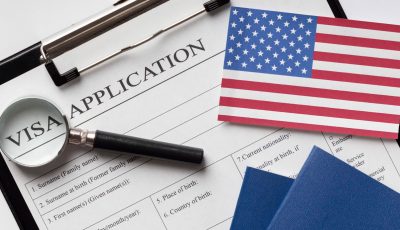USCIS blamed for Dynasty closure
USCIS denies allegation
The owner of the now-defunct Tinian Dynasty Hotel & Casino accused U.S. Citizenship and Immigration Services of stigmatizing the company, leading to the eventual closure of the casino-resort.
Hong Kong Entertainment (Overseas) Investments Ltd. (HKE), through counsel George Anthony Long, asserted that the stigma prejudiced HKE by severely interfering with the company’s ability to operate its hotel and casino.
Long raised the issue in HKE’s opposition to Homeland Security Secretary Jeh Johnson’s and USCIS Director Leon Rodriguez’s motion to dismiss HKE’s lawsuit.
Heather Sokolower, U.S. Department of Justice Office of Immigration Litigation trial attorney, denied that USCIS designated HKE “as an illegitimate business” or ever refer to HKE as an “illegitimate business.”
Sokolower said HKE mischaracterizes the agency actions.
HKE is suing USCIS, Johnson, and Rodriguez over the denial of its petitions for CW-1 extension and transfer for its foreign workers.
According to HKE’s lawsuit, the final USCIS Administrative Appeals Office’s adverse agency decision affirming that the company is not engaged in a legitimate business for CW purposes affected more than three quarters of Dynasty’s employees.
HKE claimed it was harmed by the decision as it affected its ability to maintain and continue its business operations. Tinian Dynasty used to employ about 500 foreign contract workers.
The defendants moved to dismiss the lawsuit for lack of standing and failure to state a claim.
In HKE’s opposition to the motion dismiss, Long asserted, among other things, that HKE has suffered and is suffering injury-in-fact which can be redressed by the district court’s favorable decision.
Long said HKE has suffered a legal wrong and has been adversely affected and aggrieved by USCIS designating its hotel/casino complex an “illegitimate business.”
Long said USCIS’ actions injured HKE’s reputation and deprived it of its workforce. Starting in December 2014, USCIS denied HKE’s petitions for CW-1 permits for its foreign workers because of a then-pending federal criminal case filed in 2013 which alleged that HKE had violated the Bank Secrecy Act.
Long said each denial determined that HKE’s hotel and casino was an illegitimate business because of the allegations it had violated the BSA.
Long said at the time of the denials in December 2014 and early 2015, the criminal case was still pending and there had not been any judicial determination that HKE had violated the BSA.
In any event, the lawyer noted that each denial decision stated that USCIS would reconsider its determination if HKE prevailed or was not convicted in the criminal case.
HKE appealed the denials.
Long said that during the pendency of the appeals, HKE and the U.S. government resolved the criminal case by entering into a non-prosecution agreement resulting in dismissal of the criminal case in July 2015.
Long said that, in February 2016, the Administrative Appeals Office denied HKE’s administrative appeals on grounds that HKE did not operate a legitimate business.
In defendants’ reply, Sokolower said HKE is mischaracterizing the agency actions.
Sokolower asked the court to reject HKE’s contention that it has standing to bring the lawsuit for the reason that USCIS did not make the “designation” that HKE alleges caused it harm.
Sokolower said the other reason is that HKE raises no facts—much less any evidence—showing that USCIS’ decisions denying its CW-1 petitions have caused any ongoing concrete or particularized injury that would be redressable by a favorable decision in this case.
Sokolower said HKE fails to identify any decision “designating HKE’s hotel/casino complex as an illegitimate business.”
The lawyer said the exemplar decision that HKE attached to its complaint confirms USCIS made no such designation.



























